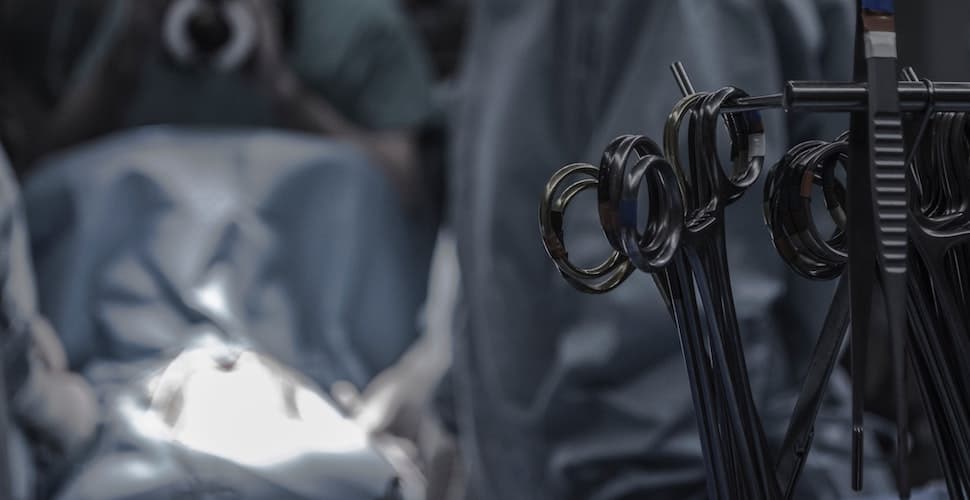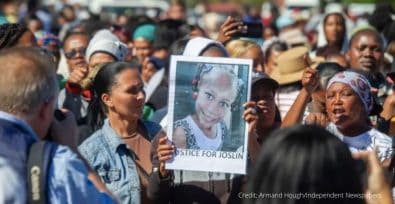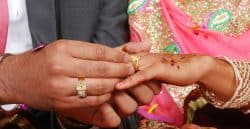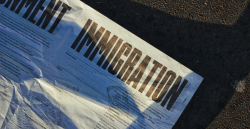A new episode of the BBC’s investigative documentary show Panorama follows two reporters in Egypt who track down and interview a real organ trafficker.
The form of trafficking is a major problem in Egypt, where organs are mostly taken from desperate migrants and refugees seeking the money to reach Europe.
As part of the BBC investigation, Seán Columb—an expert in the country’s booming illegal trade in kidneys—makes contact with a gang leader in Cairo.
“He’s much more deeply involved than anyone we’ve talked to before. We need to be careful,” Columb tells his co-investigator. “We don’t know who he is and what he’s capable of.”
According to the trafficker, every week his gang oversees between 20 and 30 kidney transplants, and—shockingly—many legitimate hospitals, public and private, are involved.
He further says that in about 40 percent of cases, victims never receive any money at all for their kidneys.
“All nationalities buy from Cairo, because it’s available… I give them their money. Other people agree a price, but never pay up after the surgery.”
Columb also interviews Hiba, who tells the harrowing story of her own forced kidney transplant— for which she never received any money.
“I found myself in the room after the surgery. I woke up screaming. My wound was so big; I didn’t know it would be on my back. I thought it would be on my belly. I got so scared, I was screaming: ‘This is wrong, you cheated me.’”
Yet little help was available to Hiba—since it’s illegal to sell kidneys in Egypt, she didn’t want to go to the police out of fear of being arrested herself.
Interviewed doctor Adnan Sharif, from Doctors Against Forced Organ Trafficking, explains the additional risks involved for victims from a health perspective.
“It’s a very, very risky business and you really are gambling with your life. You could die in the short term or you could die many years later, but the important thing is that that act of donation may have taken life years away from that individual.”
While Egypt and other countries in the region may sit at the center of the trade, the organs harvested can make their way into health systems around the world.
Freedom United’s Senior Advocacy Officer, Miriam Karmali, recently wrote for Thomson Reuters Foundation on the potential for forcibly harvested organs and tissues to enter the U.K. health system.
Over 17,000 people have signed Freedom United’s petition calling on governments to take a stand on this brutal form of human trafficking.
Take action and add your name today.
Supporters in the U.K. can watch the full BBC Panorama episode here.







Freedom United is interested in hearing from our community and welcomes relevant, informed comments, advice, and insights that advance the conversation around our campaigns and advocacy. We value inclusivity and respect within our community. To be approved, your comments should be civil.